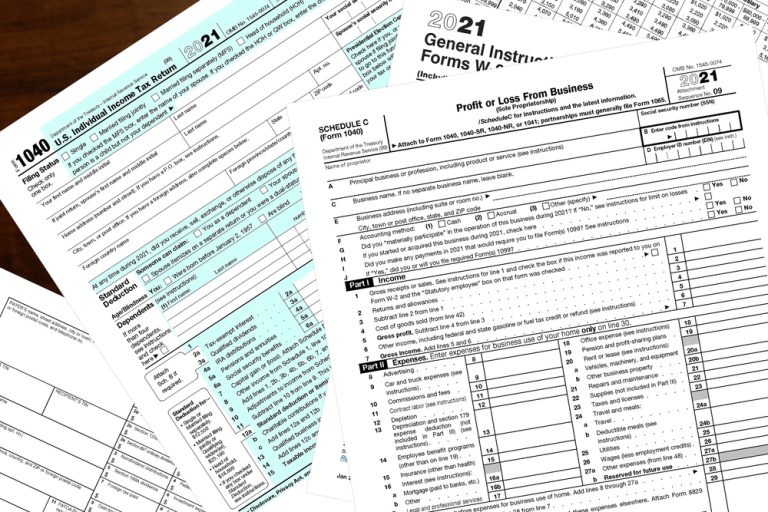Current Status of Chinese Drywall Litigation – The Defense of “I did not know”
Current Status of Chinese Drywall Litigation – The Defense of “I did not know”
Ever since the first complaint of Chinese Drywall reported to the Florida Department of Health in June 2008, there has been an overwhelming influx of Chinese Drywall (CDW) cases against not only manufacturers, but also distributors, sellers, installers.[1] Currently, the U.S. District Court for the Eastern District of Louisiana houses MDL[2] 2047 “In Re: Chinese-Manufacturered Drywall Products Liability Litigation.” There are hundreds of cases pending in the MDL under Judge Eldon E. Fallon; and due to diversity issues, even more cases in state courts.
For the overwhelming majority of the cases, most named defendants are merely innocent players in the chain of sale who had no knowledge of the defectiveness of the product.[3] As a result, these defendants assert the defense of “I did not know” and point the finger upstream to other defendants. Drywall installers and homebuilders who are brought into litigation look towards the domestic distributors and suppliers as sellers of the drywall for indemnification. In turn, the distributors and suppliers look to the manufacturer for indemnification.
Most of the pass-through provisions of state products liability law offer protection to the downstream defendants absent a showing that the defendant knew or should have known the defectiveness of the product. However, because Alabama has no statutory provision for products liability, a products liability claim in Alabama must be brought pursuant to the Alabama Extended Manufacturer’s Liability Doctrine (AEMLD). Non-manufacturer defendants may assert a “lack of causal relation” affirmative defense stating the defendants did not possess knowledge or an opportunity inspect the product that was superior to the purchaser. Due to the length of time required to name all involved parties and to litigate Chinese Drywall cases, the effectiveness of such a defense has not yet been determined.
In an effort to divert liability from downstream defendants, the Alabama Legislature passed Act 2011-627 (SB184/HB251) in its recent 2011 session. This Act restricts product liability actions against the downstream defendants such as sellers or distributors that are not manufacturers in an attempt to protect innocent product sellers. While the Act is applicable prospectively, its effect on currently pending litigation is unaddressed and unknown. Further, the Act makes an exception for a plaintiff who, in good faith and through exercise of due diligence, is unable to determine the identity of the manufacturer. In such a case, a plaintiff may sue the distributor and the distributor may affirm in its Answer that it did not manufacture the product and file an affidavit identifying the correct identity of the manufacturer. The plaintiff must then exercise “due diligence” to file an action and obtain jurisdiction over the manufacturer. Once the plaintiff has commenced an action against the manufacturer, the plaintiff must “voluntarily” dismiss the claim against the distributor. While the Act is intended to reform product liability law in Alabama, only time will tell as to its effectiveness.
The defense of pointing the finger of guilt upstream leaves manufacturers in a deadlock. Thus, a common defense raised by manufacturers is the “state of the art” defense. In such a defense, a manufacturer defendant asserts that, given the level of scientific knowledge at the time of exposure, the defendant could not reasonably be expected to have known of the hazards of its products even by using the best scientific and technical knowledge available at the time.[4]
To date, Knauf Plasterboard Tianjin Co. Ltd. (“Knauf”) is the only manufacturer defendant who has responded to the United States lawsuits. Knauf admitted knowledge of the complaints of its products, but argued that internal company testing found the drywall did not pose any health risks. Ultimately, Knauf has reached a mass settlement with many MDL cases and have assumed the liability on behalf of downstream defendants.
Similarly, a major distributor party, Interior/Exterior Building Supply, L.P. (“Interior/Exterior”), has reached a proposed global multi-million dollar settlement with all of plaintiffs’ claims in the MDL and in state courts. On April 27, 2011, Judge Fallon entered an Order staying all proceedings involving Interior/Exterior as a party. The Court has not determined the merits of any claims or defenses of the parties and this settlement will become effective only upon final approval by the Court. Judge Nicole Still, who presides over the Chinese Drywall docket in Jefferson County, Alabama, followed suit and entered an Order to stay all state cases involving Interior/Exterior on June 24, 2011. This stay will be effective until November 7, 2011, upon which date Judge Still will hold a status conference regarding the same.
[1] Timeline for Florida Department of Health (DOH) events relating to imported drywall, available at: http://www.doh.state.fl.us/environment/community/indoor-air/timeline.html. The Florida DOH also provides a brief overview of the key events in the timeline of Chinese Drywall litigation.
See also Timeline of Key Events Regarding Defective Chinese Drywall, available at: http://www.justice.org/resources/Timeline_Dec_4__09_update.pdf (last visited Sept. 23, 2011).
[2] MDL is Multidistrict Litigation, a federal legal procedure that consolidates civil actions involving one or more common questions of fact to speed the process of handling complex product liability suits.
[3] For example, Banner Supply, a domestic distributor, became aware that a defect existed but entered into a confidential agreement with the manufacturer, Knauf. The agreement forbade Banner Supply from disclosing the defect. See Seifart v. Knauf Gips, KG, et al., 2011 WL 1485329 (Fla. Cir. Ct. 2011) (awarding plaintiffs verdict and finding Banner Supply 55% at fault and Knauf, not a party to the action, 35% at fault).
[4] See Fla. Stat. § 768.1257; see Frantz v. Brunswick: 866 F. Supp. 527, 534 (S.D. Ala. 1994).








